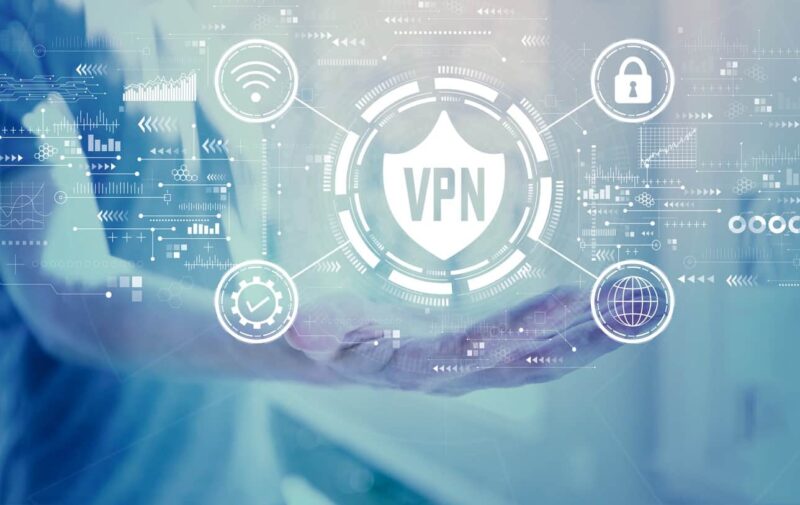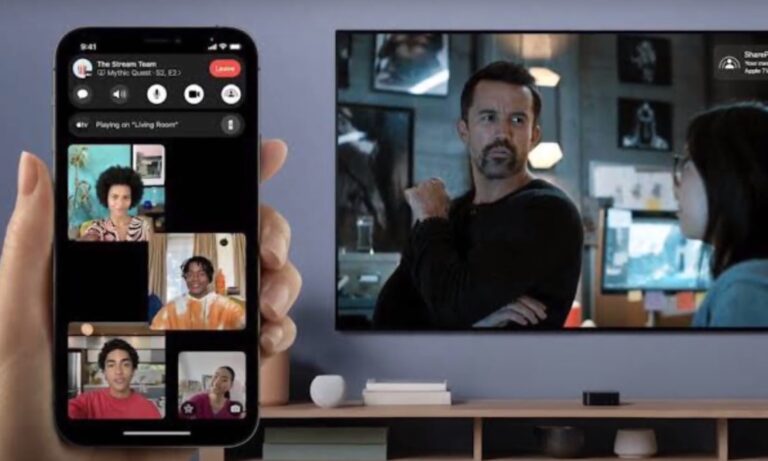In today’s digital age, safeguarding your online privacy and security is paramount. One powerful tool that can help in this endeavor is a Virtual Private Network, commonly known as a VPN. A VPN creates a secure, encrypted connection over the internet, ensuring your data remains private and protected from prying eyes. Let’s delve into what VPNs are, how they work, their benefits, and how to choose and set up the right one for your needs.
Definition of VPN
A VPN, or Virtual Private Network, is a technology that allows users to create a secure connection to another network over the internet. By using encryption and tunneling protocols, VPNs ensure that data transmitted between your device and the Virtual Private Network server is encrypted and secure from interception.
This means that even if someone were to intercept your internet traffic, they would only see encrypted data, making it virtually impossible to decipher without the encryption key.
How VPNs Work
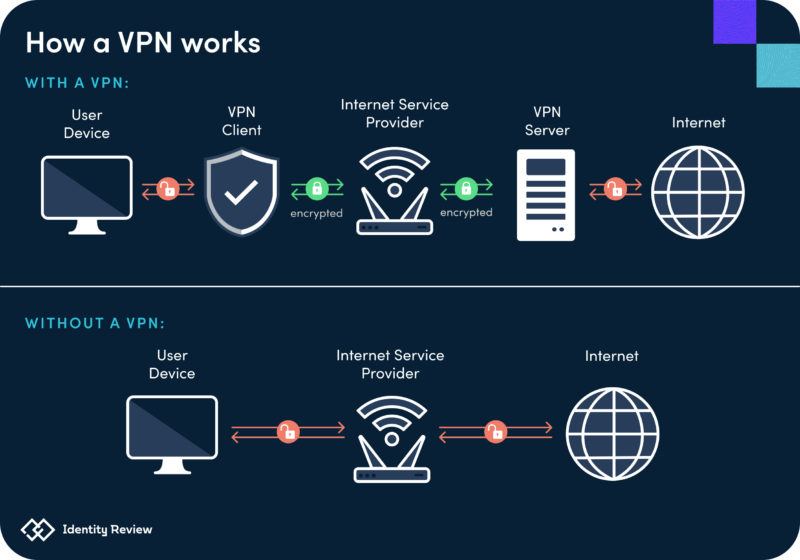
When you connect to a VPN server, your device creates a secure tunnel through which your internet traffic is routed. This tunnel encrypts your data, protecting it from interception by hackers, government agencies, or internet service providers.
Additionally, VPNs can mask your IP address, making it appear as though you are accessing the internet from a different location. This not only enhances your privacy but also allows you to bypass geo-restrictions and access content that may be blocked in your region.
Benefits of Using a VPN
Using a VPN offers several benefits, including enhanced security, privacy, and anonymity. VPNs encrypt your internet traffic, protecting it from interception and safeguarding your personal information from cybercriminals.
Additionally, Virtual Private Networks can help you bypass censorship and access restricted content, whether you’re traveling abroad or trying to stream your favorite shows from another country. Furthermore, VPNs can improve your online anonymity by masking your IP address and location, making it harder for advertisers and third parties to track your online activities.
Types of VPN Protocols
There are several VPN protocols available, each with its own strengths and weaknesses. Common VPN protocols include OpenVPN, L2TP/IPsec, and IKEv2/IPsec. OpenVPN is widely regarded as the most secure and versatile protocol, offering strong encryption and excellent performance across various devices and platforms.
L2TP/IPsec and IKEv2/IPsec are also popular choices, offering robust security and compatibility with a wide range of devices. When choosing the best VPN provider, and some can be found here, it’s essential to consider which protocol they use and ensure it meets your security and performance requirements.
VPN Encryption
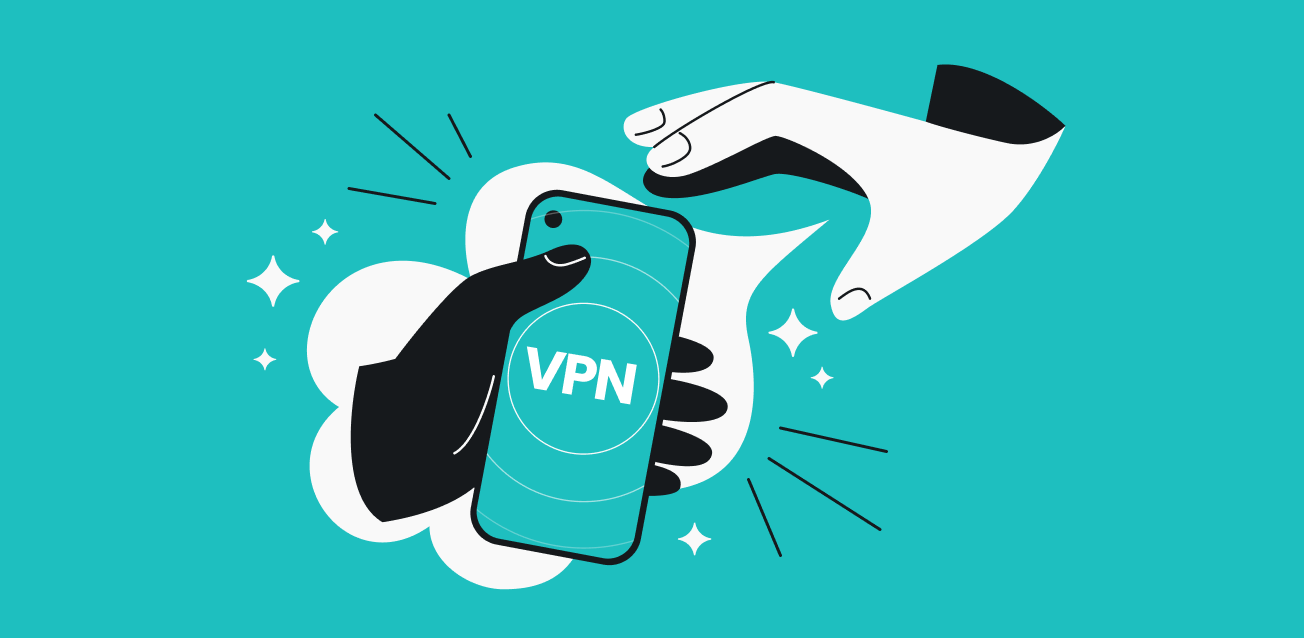
Encryption is a crucial component of VPN technology, as it ensures that your data remains secure and private while traversing the internet. Most VPNs use military-grade encryption algorithms, such as AES (Advanced Encryption Standard), to encrypt your data.
AES encryption is considered virtually unbreakable and is used by governments and security experts worldwide to protect sensitive information. Additionally, VPNs may use other encryption techniques, such as RSA or Diffie-Hellman key exchange, to establish secure connections between your device and the VPN server.
VPN Usage Scenarios
There are countless scenarios where individuals and businesses can benefit from using a VPN. For example, if you frequently use public Wi-Fi networks, such as those found in coffee shops or airports, a VPN can protect your data from being intercepted by cybercriminals.
Similarly, if you travel frequently and need to access geo-restricted content, a Virtual Private Network can help you bypass these restrictions and access your favorite websites and services from anywhere in the world. Additionally, businesses can use VPNs to securely connect remote employees and protect sensitive company data from unauthorized access.
Choosing the Right VPN Provider
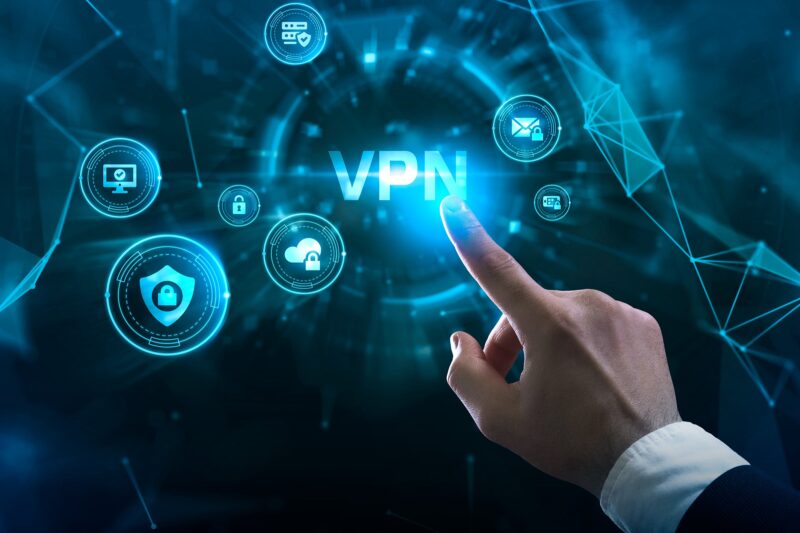
When selecting a VPN provider, there are several factors to consider to ensure you choose the right one for your needs. Firstly, consider the provider’s logging policy and ensure they have a strict no-logs policy in place to protect your privacy.
Additionally, consider factors such as server locations, speed, and bandwidth limits to ensure the VPN can meet your performance requirements. Finally, consider the provider’s reputation and customer support options to ensure you receive timely assistance if you encounter any issues with the service.
Setting Up a VPN
Setting up a VPN is relatively straightforward and can be done on various devices, including computers, smartphones, and routers. Most VPN providers offer user-friendly apps and setup guides to help you get started.
To set up a VPN on your device, simply download and install the Virtual Private Network app, enter your login credentials, and connect to a server location of your choice. Once connected, all of your internet traffic will be encrypted and routed through the VPN server, ensuring your online activities remain secure and private.
VPN Security Risks
While VPNs offer numerous benefits, it’s essential to be aware of potential security risks associated with their use. One common risk is using insecure VPN protocols or encryption methods, which could leave your data vulnerable to interception by hackers or government agencies.
Additionally, some Virtual Private Network providers may log your internet activities or share your data with third parties, compromising your privacy and anonymity. To mitigate these risks, choose a reputable VPN provider that prioritizes security and has a proven track record of protecting user privacy.
VPNs and Geo-restrictions
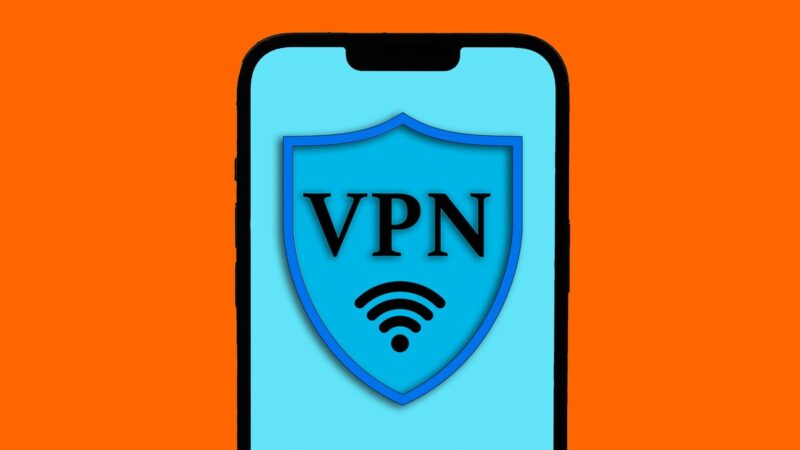
One of the most significant advantages of using a Virtual Private Network is its ability to bypass geo-restrictions and access content from different regions. By connecting to a VPN server located in a different country, you can mask your IP address and trick websites and streaming services into thinking you’re accessing the internet from that location. This allows you to access geo-restricted content, such as streaming services, social media platforms, and news websites, regardless of your physical location.
Conclusion
In conclusion, VPNs are powerful tools for enhancing your online security, privacy, and freedom. By encrypting your internet traffic and masking your IP address, VPNs ensure that your data remains secure and private while browsing the web.
Whether you’re concerned about cybercrime, government surveillance, or geo-restrictions, a VPN can provide peace of mind and allow you to browse the internet with confidence. So, if you haven’t already, consider investing in a reputable Virtual Private Network service to protect your digital footprint and enjoy unrestricted access to the web.
Related Posts:
- How To Install Kodi On Nvidia Shield And Nvidia Shield Pro
- How To Use Netflix Party On iPad and iPhone -…
- The Telegram Advantage: How to Benefit and Discover…
- Most Trending & Popular Android and iOS Apps in…
- Is Colorado School of Mines Football Good? - In…
- From Security to Productivity: Common Use Cases of…

